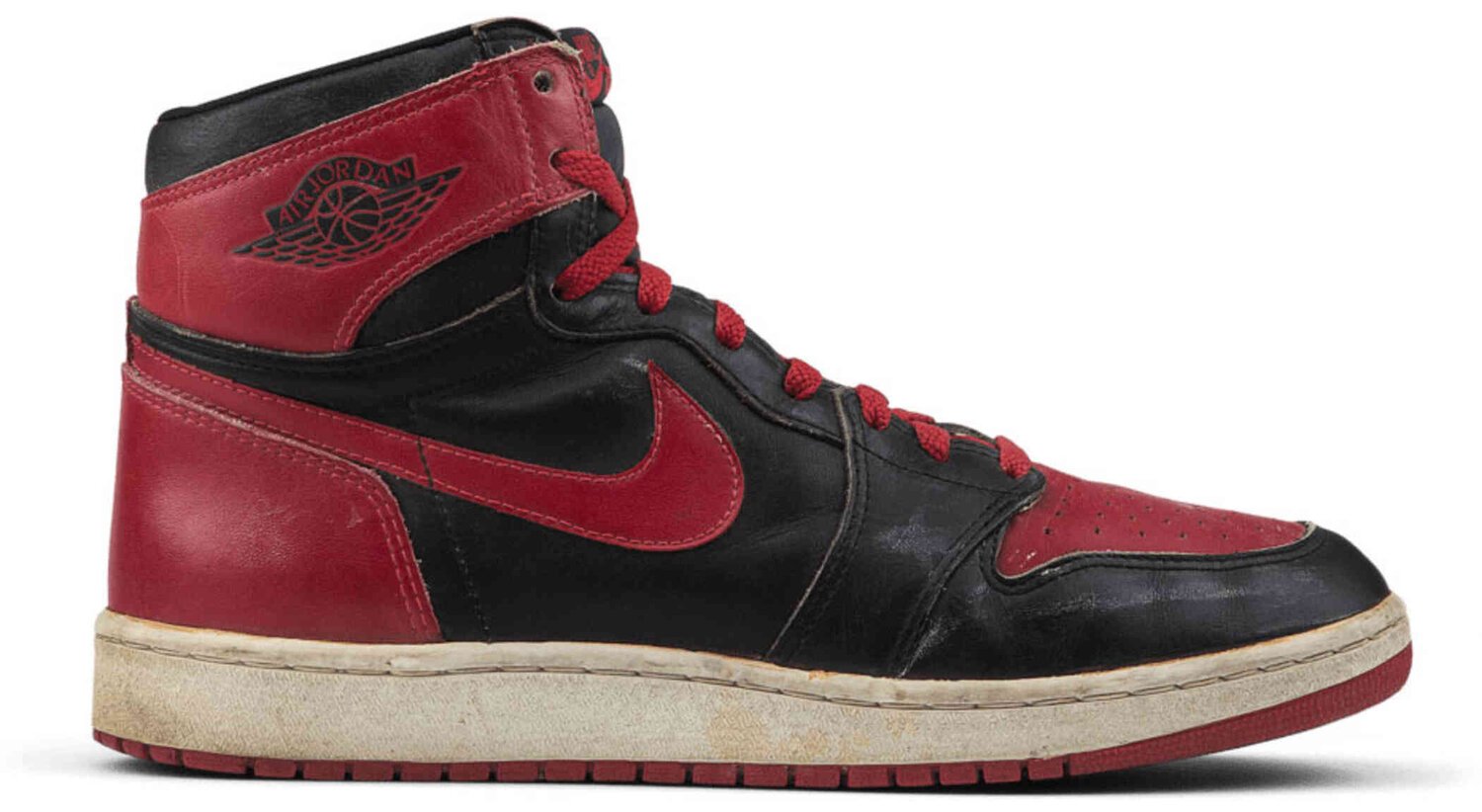Bourbon Becomes Boring
Everyone who pays attention to pop culture knows how fashion trends work. A few “cool” people start doing something, which in turn prompts other people to imitate them so they too can be cool.
When I was in junior high, it was all about Guess Jeans. If you had that triangle patch on your denim, you were cool. Today it’s all about athleisure and Nike Jordans (which were also cool when I was in junior high).
What’s boring to me about the new Jordan craze, however, is that it has nothing to do with functionality or style anymore. It’s all about the resale. When I was in junior high, we actually played basketball during our lunch break. Hence, wearing Jordans was not only cool, there was a purpose.
But imagine working in a shoe store today and a customer asks if you have any Jordans. You walk over to the shelf and say: “Yeah, and I’d recommend grabbing this one because it has extra cushioning in the sole, so it’s more comfortable.”
The customer looks at you with an emotionless stare and replies: “Oh, I don’t plan on wearing them.”
It’s not all that different from what an acquaintance of mine said the other day when we were talking about whiskey: “I don’t really like Blanton’s, but I buy it whenever I see it because I can sell it to other guys.”
Just like with Jordans, it’s all about the resale.
Many of today’s most passionate Bourbon fans don’t really drink, so flavor or enjoyment is irrelevant. Acquiring is more important than savoring. Whether a single barrel of Blanton’s or Weller actually tastes good or brings them joy is meaningless, even though that’s where its initial value is derived. What matters today is that other people want it—and they have it.
Take a picture for Instagram. Let the jealousy begin. That’s the reward. Not the Bourbon; the self-centered smugness and the money.
The New York Times had an article this past month about the Jordan craze and how modern collectors have turned to bots to secure their shoes. Just like spirits retailers have been forced to take additional measures to prevent scalpers from purchasing all their limited whiskies, shoe retailers are feeling the same pressure.
“It’s depressing to think about,” one of the retailers stated; “At some point, you have to ask, ‘How much time are we supposed to spend to stop people from buying our products?’”
Having been a retailer for most of my professional career, I can tell you with certainty: it’s beyond depressing. I know people who have worked in retail for decades that are quitting in droves as a response to the new commodity collector’s market. There’s no joy in helping someone acquire a bottle they’re planning to flip, so they’re moving into other sectors of the business.
When every transaction is a potential investment, the knowledge and expertise of alcohol is rendered as meaningless as the flavors inside each bottle. It’s simply about the label, or the potential to profit from it.
I can’t think of anything more boring than caring about that.
-David Driscoll
